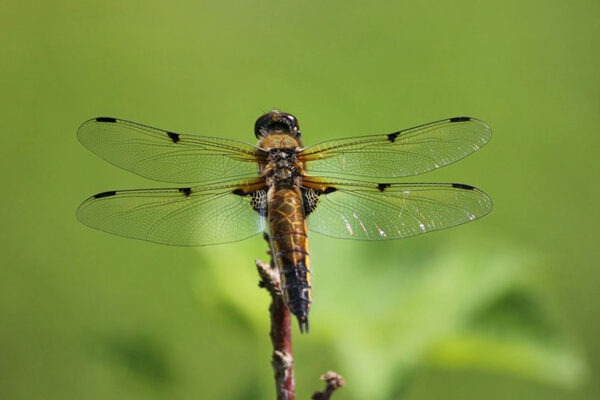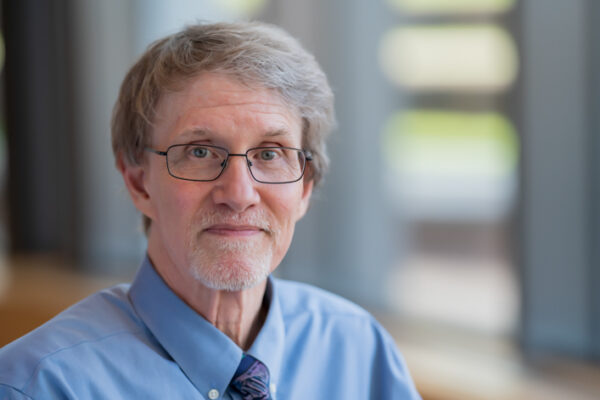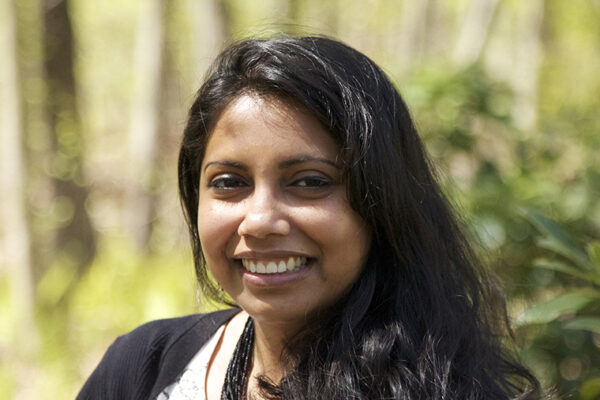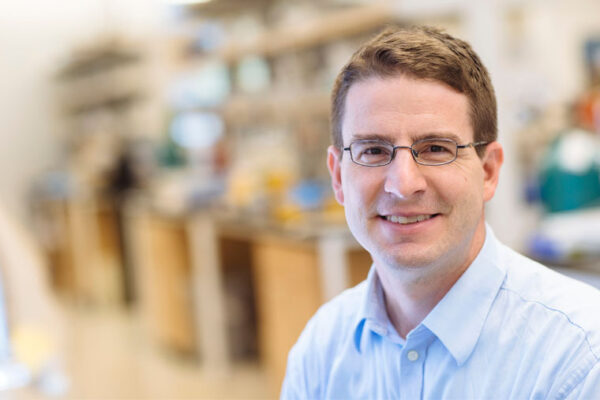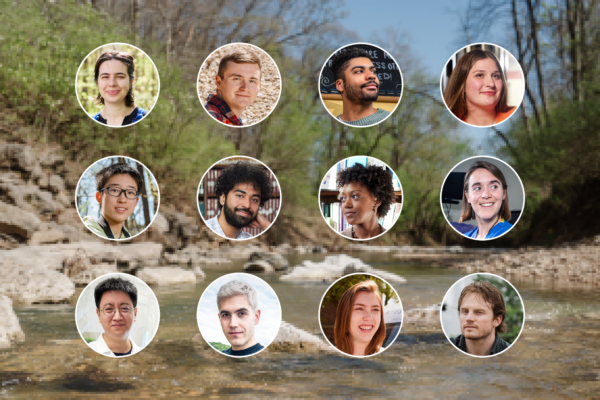Ornamented dragonflies better equipped to survive human threats
A study by Kim Medley, director of Tyson Research Center, and others found that dragonflies with dark wing markings have a lower risk of extinction.
WashU researchers quantify solar absorption by black carbon in fire clouds
Aerosol scientists at Washington University have quantified the extent of light absorption by black carbon in fire clouds to better model climate impacts of extreme wildfire events.
Artificial intelligence meets cartography
Engineering students at Washington University have developed an artificial intelligence tool for generating satellite images via text prompts and presented their work at a recent conference.
Experts outline strategic roadmap for public health advancements
Ross C. Brownson of the Brown School makes recommendations for transforming the U.S. public health system in the aftermath of the COVID-19 pandemic.
Scientists find new way global air churn makes particles
Researchers at Washington University in St. Louis have discovered a new mechanism by which particles are formed around the globe.
Bose named Fulbright Scholar
Arpita Bose, an associate professor of biology in Arts & Sciences, will travel to Belgium next year to continue her work on the green potential of purple bacteria.
Chakrabarty, collaborators win Simons Foundation International grant for geoengineering
Scientists at the McKelvey School of Engineering at Washington University in St. Louis will explore stratospheric aerosol injection with a $1.5 million grant from the Simons Foundation International.
Giammar named fellow of AEESP
Dan Giammar, the Walter E. Browne Professor of Environmental Engineering in the McKelvey School of Engineering at Washington University, has been elected a fellow of the Class of 2024 Association of Environmental Engineering and Science Professors.
Class of 2024: Committed to climate solutions
Meet 12 members of the Washington University in St. Louis 2024 graduating class ready to address the globe’s climate, environmental and sustainability challenges.
Astronomers share climate-friendly meeting solutions
Carbon emissions associated with air travel to professional conferences make up a sizable fraction of the emissions produced by researchers in academia. Andrea Gokus, a McDonnell Center postdoctoral fellow in Arts & Sciences, is advocating for astronomers and others to reduce those emissions.
Older Stories
